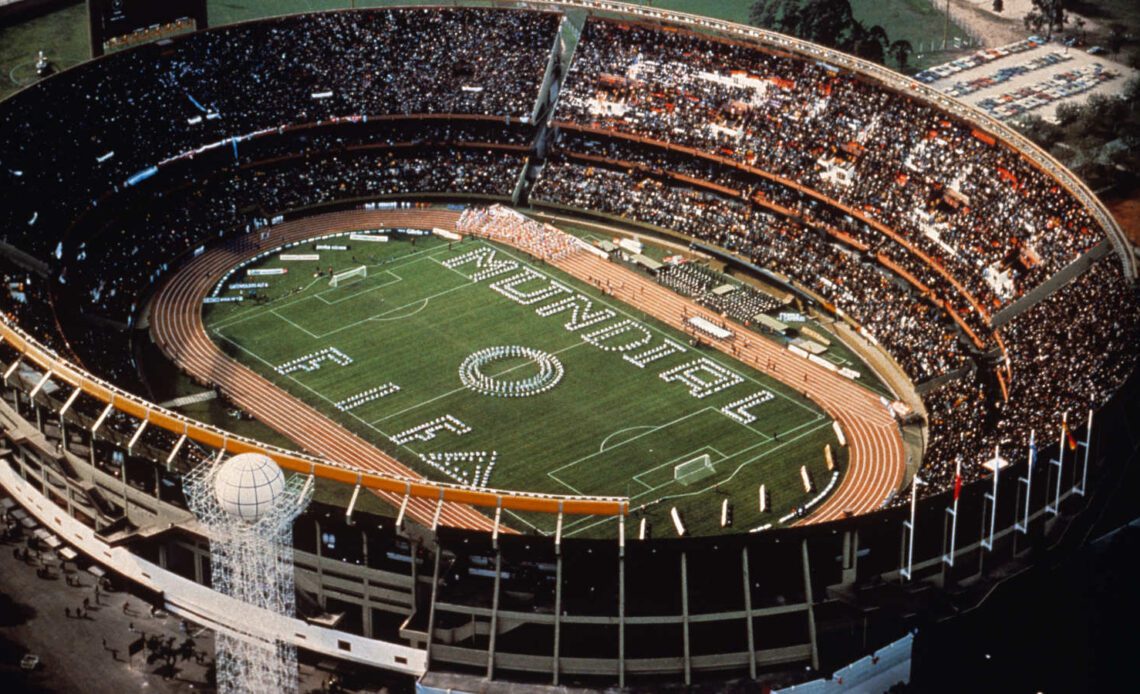International sport and politics have long been intertwined, but boycotting the World Cup altogether has something of a mixed record.
With just a couple of days to go before the start of the World Cup finals, the noise surrounding the decision to host the tournament in Qatar is only intensifying. Many are boycotting or will be limiting the amount of time they spend watching it, and there have even been concerns at the permanent damage that might have been done to the long-term future of the tournament over a broad church of concerns including human rights abuses, migrant worker deaths, the treatment of LGBTQ people, the corrupt process by which it was awarded in the first place, its scheduling, and more besides.
But the World Cup is an international sporting event, so it shouldn’t come as too much of a surprise to learn that it has been shrouded in controversy before. Levels of anger over the tournament being held in Russia four years ago were nowhere near as high as they have been over Qatar, but they did exist, while there were protests in Brazil during the tournament held there in 2014. Even before that, there were times when the World Cup was boycotted…
1966
Egypt became the first African nation to attempt qualification for the World Cup in 1934 and 1954, and as football’s global continued to grow, there was a growing clamour from African and Asian nations to be involved in the World Cup finals. The Asian Football Confederation (AFC) was founded in 1954, with the Confederation of African Football (CAF) following in 1957.
But the hurdles to jump for African and Asian countries wishing to qualify for the finals were extremely high. For the 1958 World Cup qualifiers eight Asian and African teams entered into a knockout competition, but this ended up being a somewhat chaotic affair. Israel were drawn to play Turkey in the first round but Turkey refused to compete in these qualifiers, claiming that they should be included in the European qualifying section.
FIFA allowed Israel to advance to the second round automatically where they were drawn against Indonesia, but with ongoing political upheaval at home, the Indonesians applied for their home match to be played on neutral territory and, when this was rejected, they withdrew as well. When Sudan withdrew from the final round on account of the Arab League Boycott of Israel, it was decided that rather than having Israel qualify without playing a single game, they would have to play-off against…
Click Here to Read the Full Original Article at Football365…

